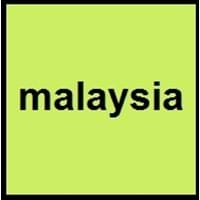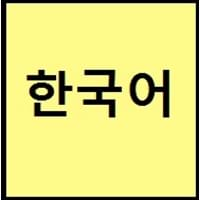Malaysian vs Korean
- One of the most politically powerful language historically is Malaysian Language.
- Malaysian earliest known inscriptions were found in South of Sumatra way back in 683-6 AD.
- Korean has borrowed words from English and Chinese.
- Korean has two counting systems. First, is based on Chinese characters and numbers are similar to Chinese numbers, and second counting system is from words unique to Korea.
Malaysian and Korean Language History
Comparison of Malaysian vs Korean language history gives us differences between origin of Malaysian and Korean language. History of Malaysian language states that this language originated in c. 683 AD whereas history of Korean language states that this language originated in Before 1st century. Family of the language also forms a part of history of that language. More on language families of these languages can be found out on Malaysian and Korean Language History.
Malaysian and Korean Greetings
People around the world use different languages to interact with each other. Even if we cannot communicate fluently in any language, it will always be beneficial to know about some of the common greetings or phrases from that language. This is where Malaysian and Korean greetings helps you to understand basic phrases in Malaysian and Korean language. Malaysian word for "Hello" is Hai or Korean word for "Thank You" is 감사합니다 (gamsahabnida). Find more of such common Malaysian Greetings and Korean Greetings. These greetings will help you to be more confident when conversing with natives that speak these languages.
Malaysian vs Korean Difficulty
The Malaysian vs Korean difficulty level basically depends on the number of Malaysian Alphabets and Korean Alphabets. Also the number of vowels and consonants in the language plays an important role in deciding the difficulty level of that language. The important points to be considered when we compare Malaysian and Korean are the origin, speaking countries, language family, different greetings, speaking population of these languages. Want to know in Malaysian and Korean, which language is harder to learn? Time required to learn Malaysian is 36 weeks while to learn Korean time required is 88 weeks.





